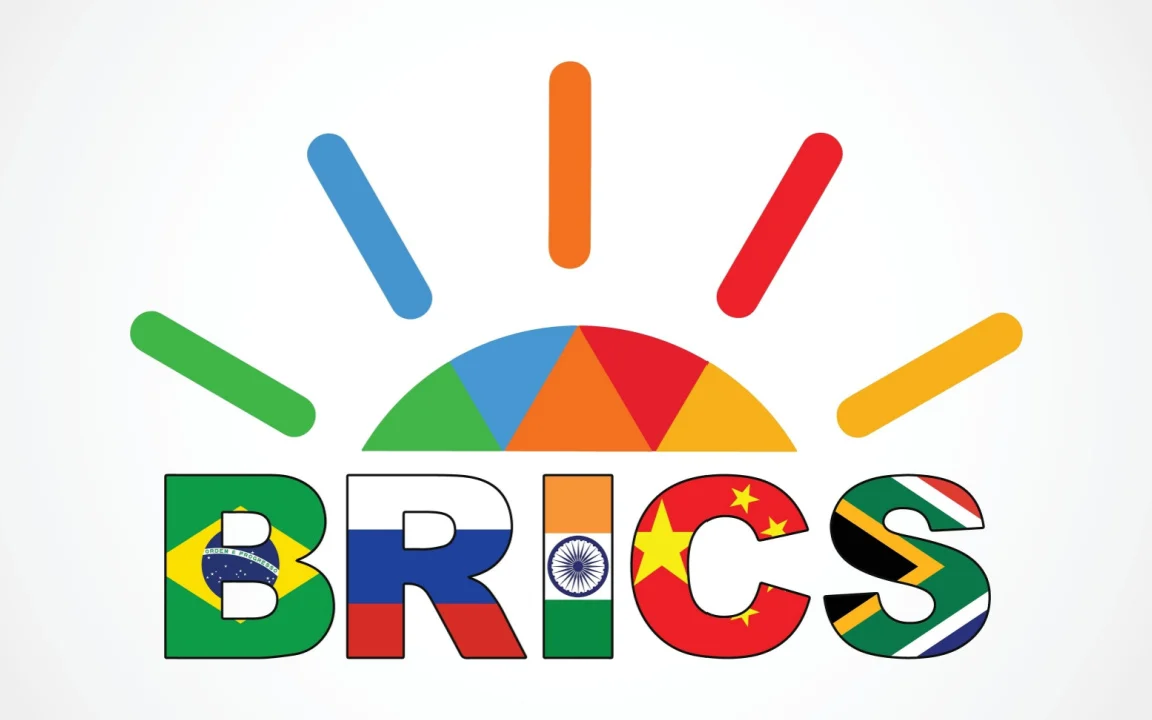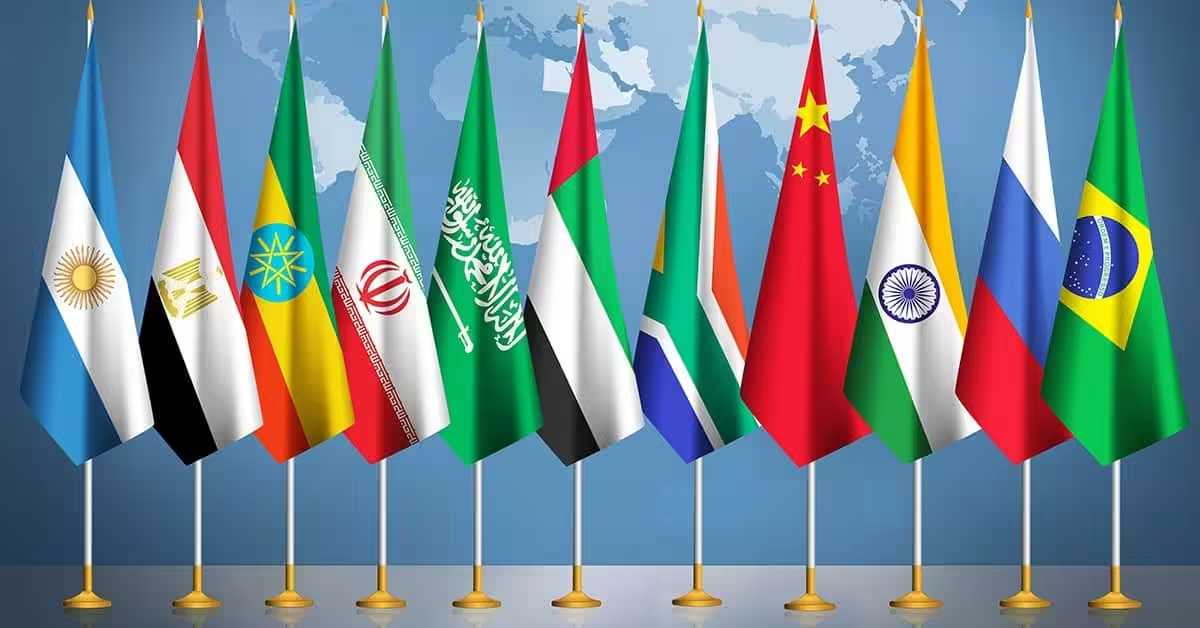|
Getting your Trinity Audio player ready...
|
In a significant move towards reshaping the global economic landscape, 23 countries have formally submitted their applications to join the BRICS alliance ahead of the 2024 summit. This wave of interest comes from emerging economies across Asia, Africa, and South America, all eager to engage in trade using local currencies instead of the dominant US dollar. As these nations strive for economic independence, the BRICS bloc positions itself as a lucrative alternative for fostering local currency growth.
The potential expansion of BRICS is noteworthy, as it underscores a broader de-dollarization agenda that resonates with many developing nations. By prioritizing local currencies for cross-border transactions, these countries aim to mitigate the impact of the US dollar’s fluctuations on their economies. With 24 additional nations informally expressing interest in joining, the total number of countries eyeing membership has surged to an impressive 47.
The upcoming BRICS summit, scheduled for October 22-24 in the Kazan region of Russia, is expected to be a pivotal moment for the alliance. Key discussions on trade agreements and the implementation of local currencies in international transactions will likely take center stage. As the bloc grapples with the intricate dynamics of global finance, the potential benefits of adopting local currencies over the dollar could be a game changer for its members.
However, the drive for expansion within BRICS is not without its challenges. The alliance of nine nations appears divided on the issue. While China and Russia advocate for a broader membership, India has signaled a desire to pause the induction of new countries for at least five years. This strategic decision aims to give the BRICS alliance the necessary breathing space to refine its policies and enhance cohesion among its existing members.
The upcoming 16th summit will be crucial in determining the direction of BRICS expansion. Will the bloc embrace new members, or will it consolidate its current framework? As global economic dynamics evolve, the outcome of these discussions could significantly influence the future of international trade and currency usage.
In conclusion, the BRICS alliance is at a crossroads, with a burgeoning interest from emerging economies seeking a platform that champions local currencies and economic sovereignty. As the world watches closely, the Kazan summit may herald a new chapter in the de-dollarization narrative, reshaping alliances and redefining global economic power.
Disclaimer: The information in this article is for general purposes only and does not constitute financial advice. The author’s views are personal and may not reflect the views of Chain Affairs. Before making any investment decisions, you should always conduct your own research. Chain Affairs is not responsible for any financial losses.
I’m a crypto enthusiast with a background in finance. I’m fascinated by the potential of crypto to disrupt traditional financial systems. I’m always on the lookout for new and innovative projects in the space. I believe that crypto has the potential to create a more equitable and inclusive financial system.



